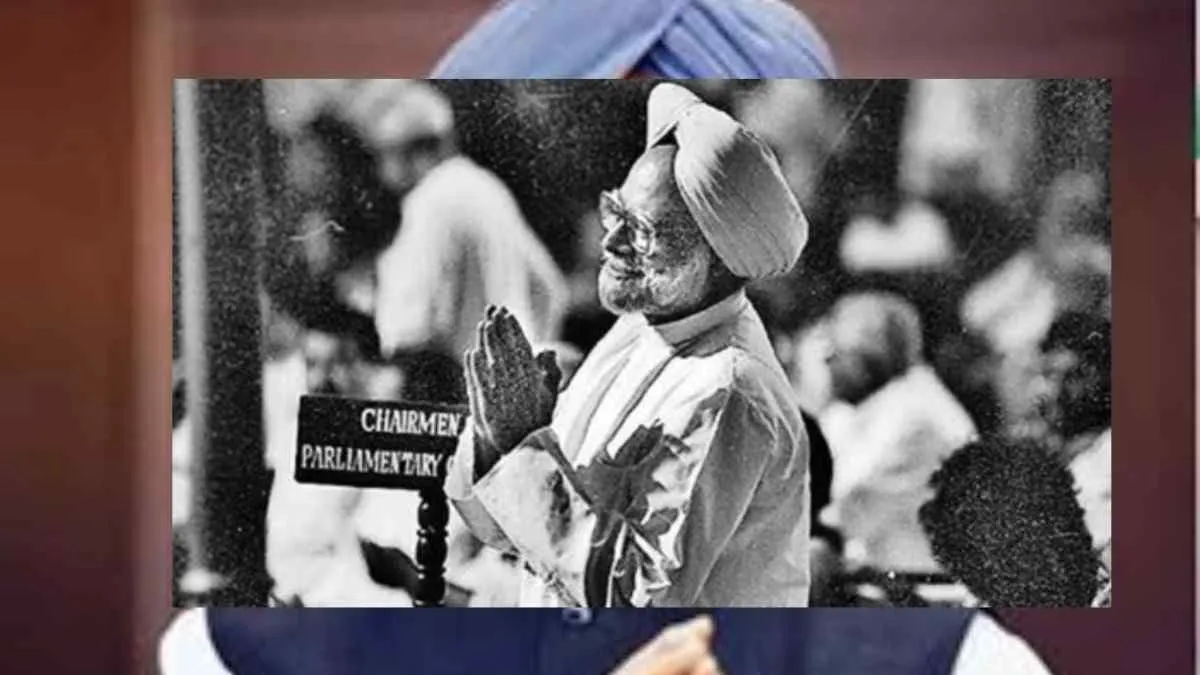The Government of India has sent a notice to Twitter, warning the social media platform of penal action over non-compliance of its order to remove accounts and tweets which alleged “farmer genocide” in the country, sources said.
Content with the hashtag “#ModiPlanningFarmerGenocide” were posted on Twitter, which, according to the government, was designed to “inflame passions” and “hatred”.
The notice issued by the Ministry of Electronics and IT (MEITY) held that it motivated the campaign to abuse, inflame and create tension in society on “unsubstantiated” grounds. The ministry also said that incitement to genocide is not freedom of speech but a threat to law and order.
Citing that Twitter unilaterally unblocked accounts and tweets despite the government order, the notice said that that Twitter is an intermediary and is obliged to obey the direction of the government and refusal to do so will invite penal action.
MEITY had passed an interim order dated 31 January, as a matter of emergency, for blocking 257 URLs and 1 hashtag under Section 69 A of the Information Technology Act, 2000.
As per the government, the interim order was issued on the ground that the said Twitter URLs and hashtag are spreading misinformation about protests and has the potential to lead to imminent violence affecting public order situation in the country.
The notice cited the “public order issue” of 26 January and said that the statutory authorities are doing everything possible to ensure that no adverse public order situation takes place and no cognisable offences are committed. It further said that the ministry is in receipt of the platform’s reply dated 1 February 2021, wherein Twitter has declined to abide and obey the order issued by the Indian government.
“Section 69A of the Act provides jurisdiction to the Central government in cases wherein it considers it necessary or expedient to direct an intermediary to block for access for public and or cause to be blocked for access by the public any information generated, transmitted, received, stored or hosted in any computer resource if the government is satisfied that the same is necessary or expedient in order to prevent incitement to the commission of any cognizable offence relating to public order,” the notice read.
“The direction to block the hashtag #ModiPlanningFarmerGenocide has been found to be instigating people to commit cognizable offences in relation to public order and security of the state,” it added.
The notice highlighted that Section 69A (3) provides for specific penal consequences in case of non-compliance of the directions issued under Section 69A of the Act.
Meanwhile, legal experts told IANS that top Twitter management in India faces penal action that may include seven-year imprisonment and fine if the company does not comply with the government’s latest order to remove accounts and tweets which alleged “farmer genocide” in the country.
Apart from the jail term or fine, the government can also ban the platform in India for allegedly motivating a campaign to abuse, inflame and create tension in the society on “unsubstantiated” grounds, as per the notice issued by the Ministry of Electronics and IT (MeitY).
“In case an intermediary fails to comply with the directions, then the government can initiate action for suspension or blocking of intermediary apps or websites. As per Section 69A (3), there is provision of seven years’ imprisonment and fine,” lawyer Virag Gupta told IANS.
Pavan Duggal, one of the nation’s top cyber law experts, told IANS that under Section 69A of the Information Technology Act, 2000, the government has been given the powers to block public access to any content through any computer resources. “Non-compliance with the directions for blocking is a serious, non-bailable offence punishable with imprisonment for a term which may extend to seven years and shall also be liable to fine,” Duggal noted.
With IANS inputs













